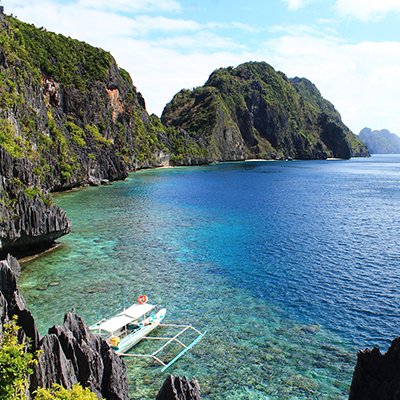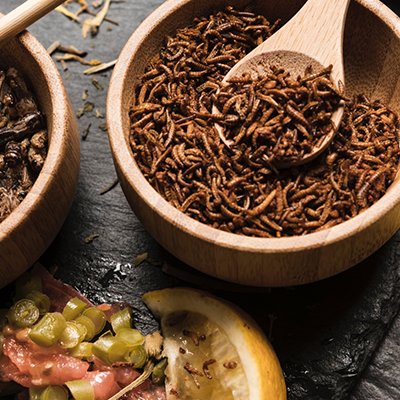One of the best ways to learn about another culture is through travel. Instead of reading about different foods, languages, and people, you’ll get to experience them yourself. However, international travel can be intimidating. Plan ahead so you can have the best cultural experience possible!
Learn the History, Traditions, and Customs
Before traveling to another country, learn about its history and culture. Who was the first group of people to settle there? What was their daily life like? How did the country develop the customs and traditions its people practice today?
Research is also an important way for you to stay safe while travelling. Read about tips for protecting yourself and find out which areas are more dangerous and how to avoid them.
Practice Using Native Languages
In addition to learning about another country’s history, consider learning its native language. Learning another language can be difficult, but practicing a few common words and phrases will come in handy. Not only will you have an easier time communicating with the locals; they will also likely be excited by your efforts to learn their language.

There are no set rules as to which words are most important to learn, but common phrases that will help while traveling are a good place to get started. In addition to familiar greetings like “hello” and “thank you,” you will also want to know how to ask about cost, how to say something, or to explain that you don’t understand what someone has said.
If you want to get even better at speaking your target language, practice saying words and phrases aloud. Try talking with natives of the language, and ask them to help you say things correctly. Carry a pocket dictionary with you, and study while traveling on planes and buses. Finally, don’t be afraid of making mistakes. Learning another language is hard, and most people will be patient and happy to help you learn.
Prepare for Different Climates
Part of cultural travel is preparing for climates you aren’t used to. Research the weather in countries you plan to visit, and pay attention to whether you’re traveling during the wet or dry season. If the climate is hot and wet, you will want light, water resistant clothing, like a jacket and perhaps some waterproof sandals. A dry climate means you will want lots of lotion and sunscreen. Also, remember that a wet climate means insects, so carry lots of bug spray. If you aren’t sure what the temperature will be like, dress in layers.
Try Different Modes of Transportation
There are many exciting ways to travel, and cultural travel is the perfect opportunity to try something new. Explore your options and see what you can find. Research flights to Europe, train rides across the United States, and the best cruise excursions.
When you arrive at your destination, make an effort to try something new. You can explore on foot, horseback, or via public transportation. Instead of staying in a hotel, try backpacking, camping, or sleeping in a hostel. You’ll save money, and you’ll get a lot more out of the cultural experience.

Interact with the Locals
Amidst your sightseeing, take some time to talk with the locals. Get to know them and ask about their daily lives, families, and culture. They will be excited to share with you, and you will learn a lot more about their way of life than you could from a book or the internet. Also, don’t be afraid to ask the locals for help. They can give you advice on speaking the language and warn you about dangerous areas to avoid.
If your budget is tight or you’re feeling adventurous, consider staying with a host family. It will give you a chance to experience the culture first-hand. If you choose this option, make sure to be respectful. Offer to compensate your hosts for any expenses, and consider giving them a gift to thank them for your stay. You can learn a lot from staying with a host family, and they might even become your lifelong friends.
Immerse Yourself in the Culture
You will have a much richer experience during your travels if you try to learn everything you can about the native culture. Try some of the local cuisine, or better yet, ask one of the locals to teach you how to make an authentic dish. Participate in some common, everyday activities of the area you are visiting, or attend a cultural event, like a parade or sports tournament.
Give back to the economy by visiting local stores and restaurants. You can often find unique, handmade souvenirs in local shops, and healthier, more natural foods at local markets. You will also have a chance to interact with the native people, build connections, and immerse yourself in the community.

Any new culture will take some getting used to, and many customs may be unfamiliar to you. Be open-minded about your experience. This is your chance to branch out and learn something new about a different part of the world. And you might be surprised by how much you enjoy it.















